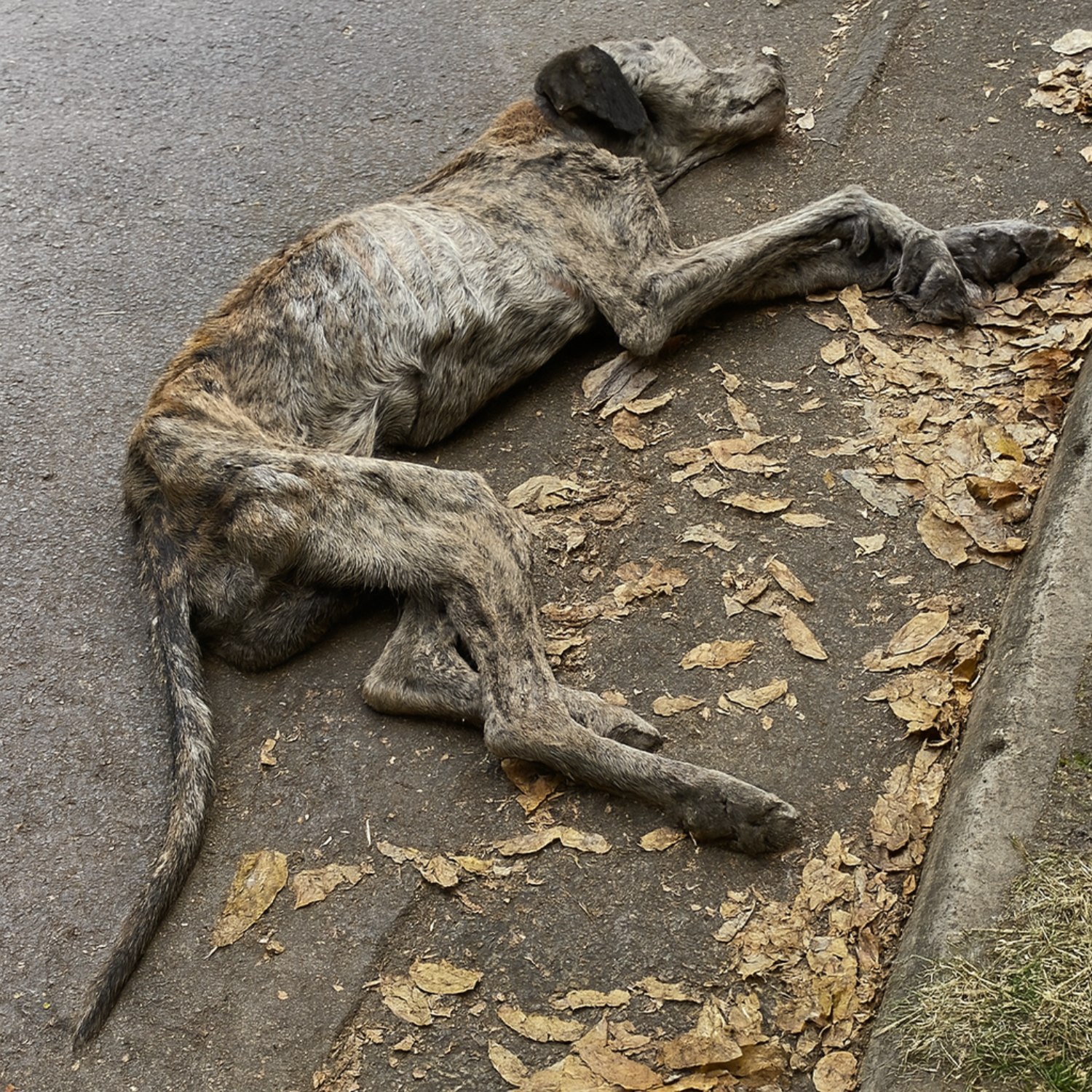Your kidneys filter around 50 gallons of blood every single day, working tirelessly to remove waste, balance electrolytes, and regulate blood pressure. Despite their importance, many people unintentionally damage these vital organs with everyday habits. According to the National Kidney Foundation, nearly 1 in 3 adults in the United States are at risk of developing kidney disease, yet most don’t realize the impact of their daily routines until it’s too late.
Ask yourself: do you often skip water, overuse painkillers, or load up on processed foods? These seemingly harmless actions may quietly stress your kidneys. The good news is, by understanding these hidden risks, you can take steps today to protect your kidney health and prevent long-term damage.
In this article, we’ll uncover 10 common habits that hurt your kidneys, explain why they’re harmful, and provide practical, science-backed solutions. By the end, you’ll have the knowledge to make small but powerful changes that safeguard your health for years to come.
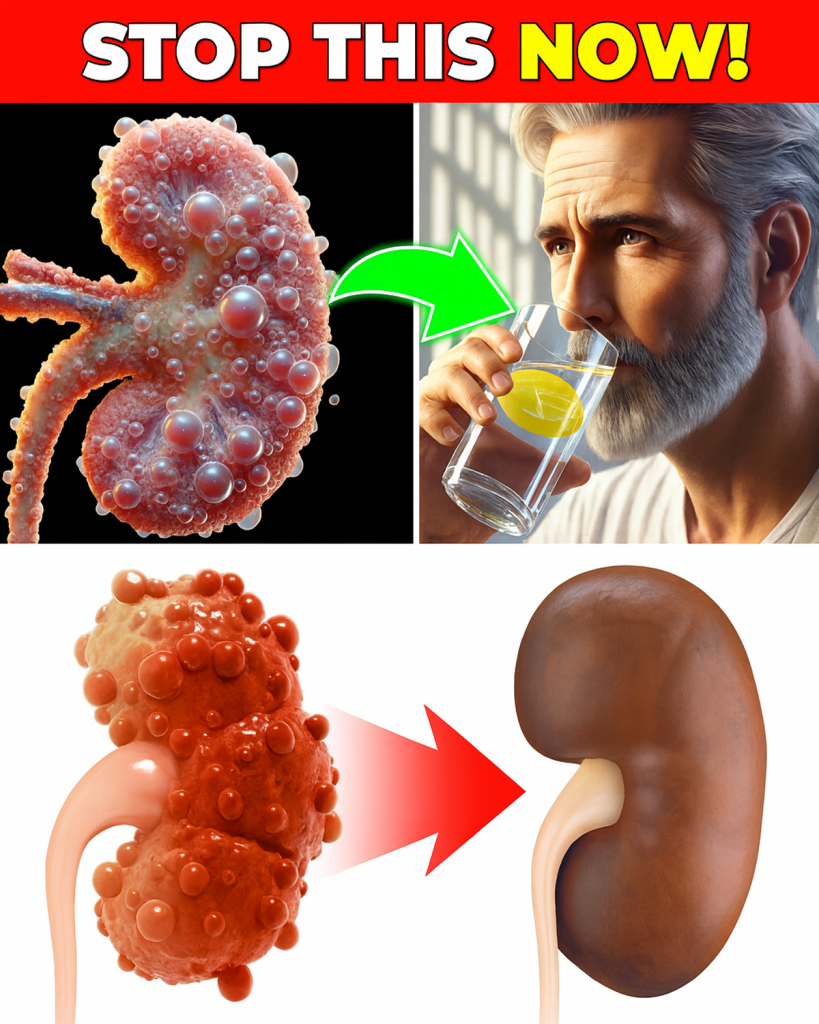
Why Your Kidneys Deserve More Attention
Most people only think about kidney health after a problem arises, but prevention is far more effective than treatment. Healthy kidneys:
- Filter toxins and excess fluids from the blood.
- Produce hormones that regulate blood pressure and red blood cell production.
- Keep bones strong by balancing calcium and phosphorus.
- Maintain fluid and electrolyte balance.
When kidney function declines, waste builds up, blood pressure rises, and the risk of heart disease increases. Many lifestyle-related kidney issues are avoidable if you catch them early.
The 10 Everyday Habits That Harm Your Kidneys
1. Not Drinking Enough Water
Dehydration reduces kidney function and makes it harder to flush out toxins. Over time, this increases the risk of kidney stones and infections.
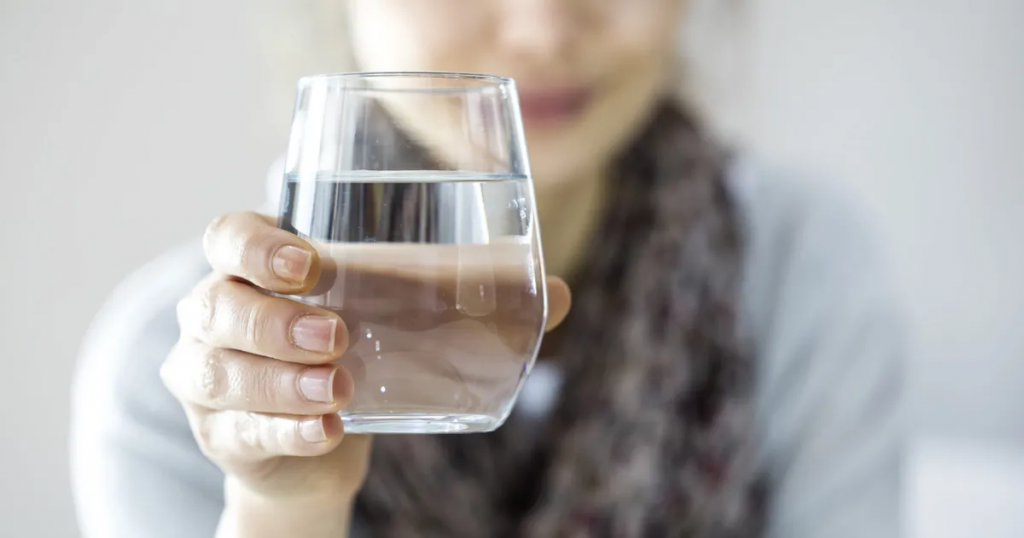
Tip: Aim for at least 8 cups (2 liters) of water daily, adjusting for activity level and climate.
2. Overusing Painkillers
Frequent use of NSAIDs (like ibuprofen or naproxen) reduces blood flow to the kidneys, causing damage if taken long-term.
Tip: Use these medications sparingly and consult a doctor about safer alternatives for chronic pain.
3. Eating Too Much Processed Food
Packaged snacks, instant noodles, and fast food are loaded with sodium and phosphorus additives, which strain kidney function.
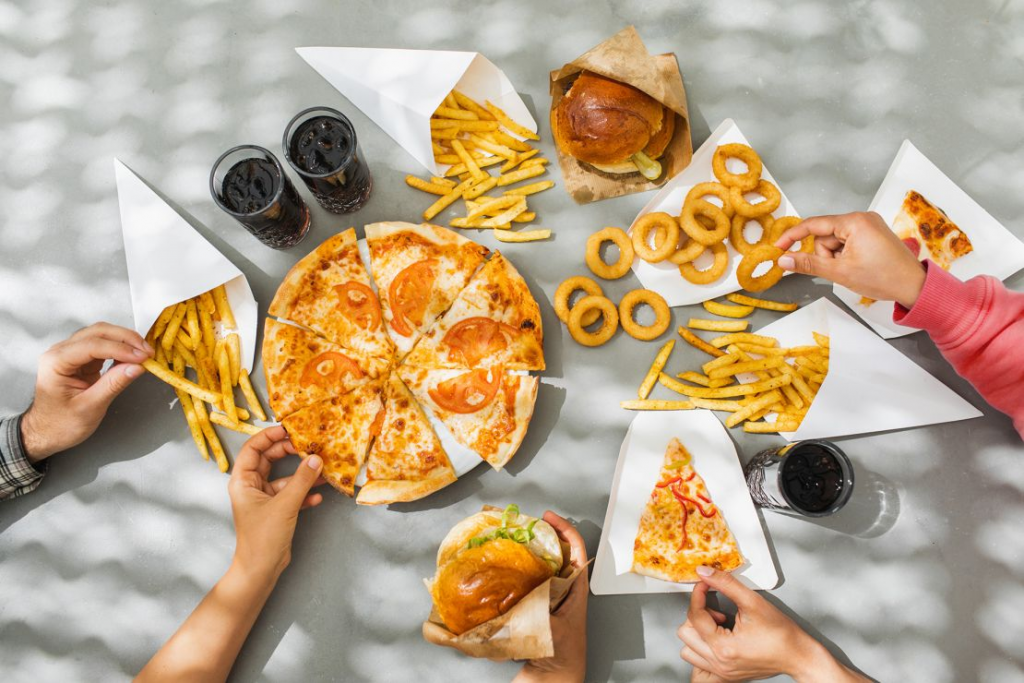
Tip: Cook more whole meals at home and read labels for hidden sodium.
4. Excessive Salt Intake
High sodium raises blood pressure, the leading cause of kidney disease.
Tip: Replace salt with herbs, spices, or lemon juice for flavor.
5. Too Much Sugar
Excess sugar leads to obesity and diabetes, both major risk factors for kidney disease.
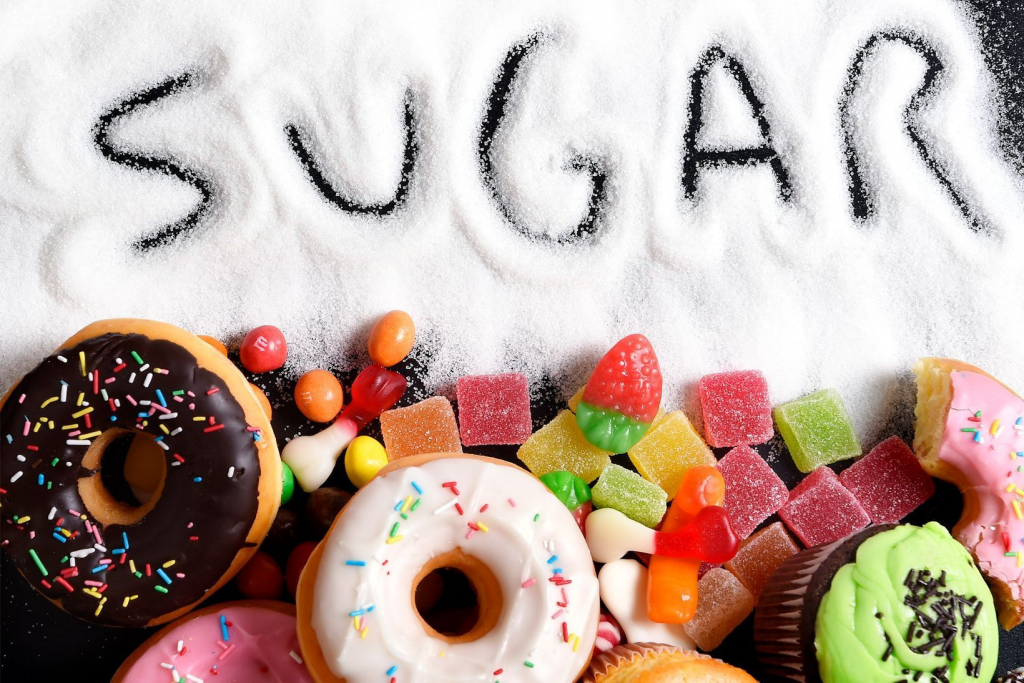
Tip: Cut back on sugary drinks, desserts, and hidden sugars in sauces or breads.
6. Sitting Too Long
A sedentary lifestyle is linked to high blood pressure and poor circulation, both harmful to kidneys.
Tip: Stand up and stretch every 30–60 minutes, and aim for at least 150 minutes of movement per week.
7. Not Sleeping Enough
Chronic sleep deprivation increases cortisol levels and blood pressure, stressing the kidneys.

Tip: Prioritize 7–9 hours of quality sleep nightly.
8. Ignoring Infections
Untreated urinary tract infections (UTIs) can spread to the kidneys, causing permanent damage.
Tip: Don’t ignore burning or frequent urination—seek treatment promptly.
9. Drinking Too Much Alcohol
Heavy drinking dehydrates the body, raises blood pressure, and increases the risk of kidney failure.
Tip: Limit alcohol to moderate levels—no more than 1 drink a day for women and 2 for men.
10. Smoking
Smoking narrows blood vessels, reducing blood flow to the kidneys, and raises the risk of chronic kidney

disease.
Tip: If quitting feels overwhelming, seek professional support and nicotine replacement therapy.
Practical Ways to Support Kidney Health
- Eat a balanced diet rich in fresh vegetables, fruits, and lean protein.
- Stay hydrated, especially in hot weather or when exercising.
- Monitor blood pressure and blood sugar regularly.
- Limit processed foods and cook with whole ingredients.
- Schedule regular checkups, especially if you have a family history of kidney disease.
Case Studies: Everyday Changes, Big Impact
- Sarah, 45: A busy mom who swapped soda for water reduced her kidney stone risk dramatically.
- James, 52: After cutting his daily salt intake in half, his blood pressure normalized within months.
- Maria, 60: By quitting smoking and walking 30 minutes daily, her kidney function stabilized despite early signs of decline.
Quick Reference Table
| Habit | Risk to Kidneys | Simple Fix |
|---|---|---|
| Low water intake | Stones, poor filtration | Drink 2L daily |
| NSAID overuse | Reduced blood flow | Use sparingly |
| High sodium foods | Hypertension, kidney strain | Cook fresh meals |
| Too much sugar | Diabetes, obesity | Limit sweets |
| Sedentary lifestyle | Poor circulation | Move daily |
Conclusion
Your kidneys are silent workers—until they’re overwhelmed. The habits we often overlook, like poor hydration or too much salt, can slowly wear them down. By making conscious choices—drinking more water, moving regularly, eating fresh foods, and avoiding unnecessary medications—you can protect these vital organs for a lifetime.
Quick Takeaways
Can kidney damage be reversed?
In early stages, healthy habits can slow or even halt further damage, but advanced kidney disease is harder to treat.
How much water is too much?
Overhydration is rare, but stick to around 2–3 liters unless otherwise advised by your doctor.
Is coffee bad for kidneys?
Moderate coffee intake is generally safe, but avoid excessive caffeine that may increase blood pressure.
Disclaimer: This article is for educational purposes only and does not replace professional medical advice. Always consult a healthcare provider for personalized guidance.
